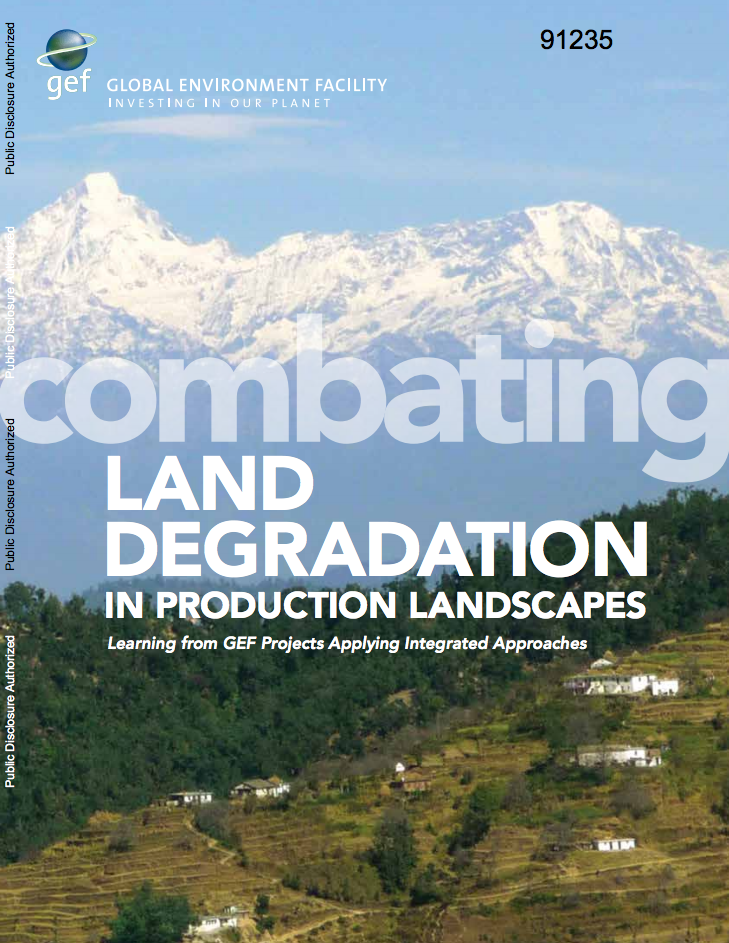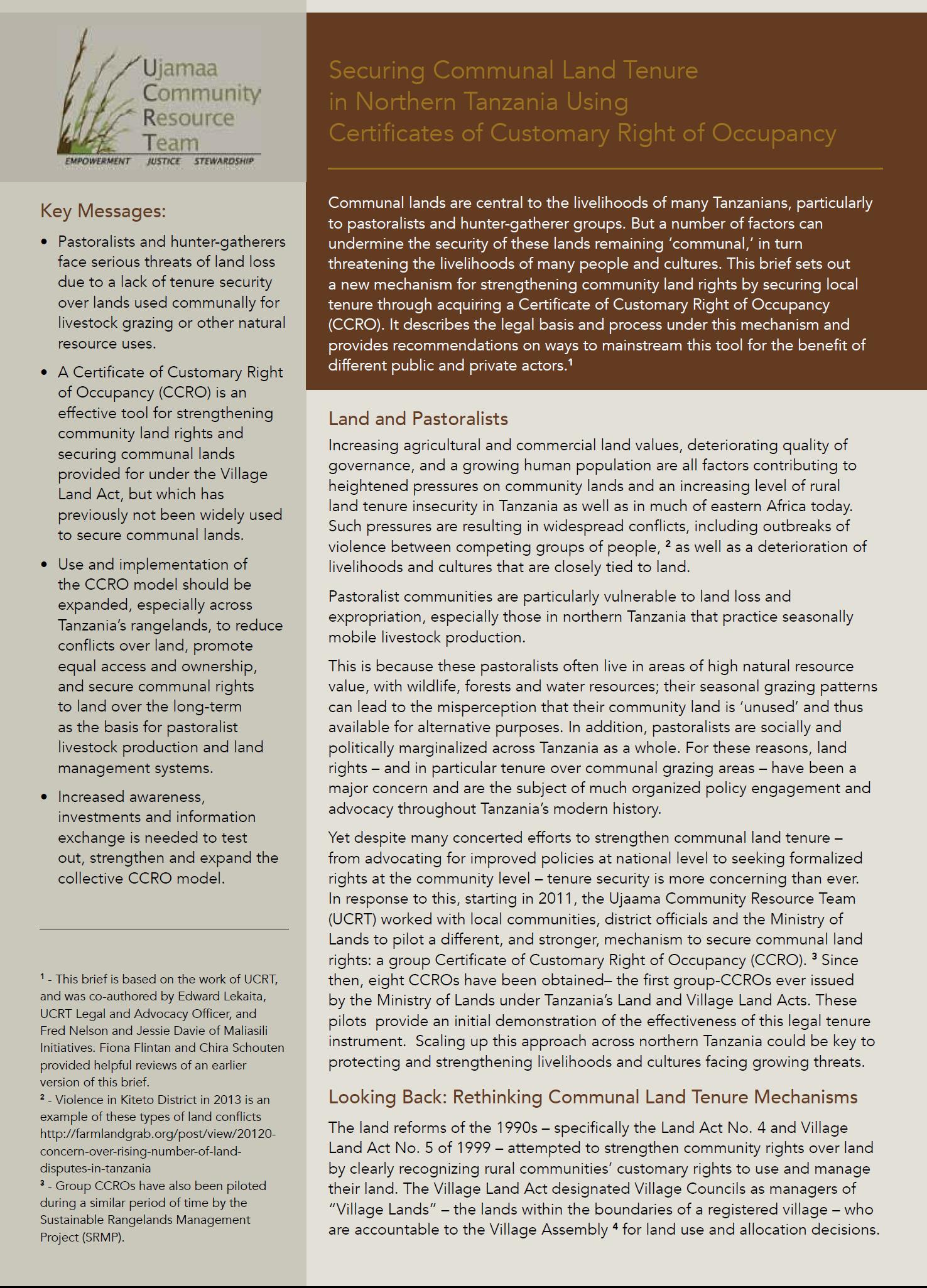Rietteelt als mogelijke bouwsteen voor een duurzaam water- en bodembeheer in natte veengebieden
De teelt van riet is één van de mogelijke alternatieven voor het huidige landgebruik en systeem van waterbeheer in de veenweidegebieden en kan helpen de bodemdaling te beperken. In deze haalbaarheidsstudie komen aan bod: de thema's water, bodem, broeikasgassen, natuurwaarden, maatschappelijke aspecten, en economische aspecten. Vervolgens komen de mogelijke functies aan bod: waterzuivering, waterberging, bodemdaling, buffering van natuur, oeverbescherming, biodiversiteit, biomassateelt en recreatie. De marktprijs van rietbiomassa is momenteel te laag om rietteelt rendabel te maken.





